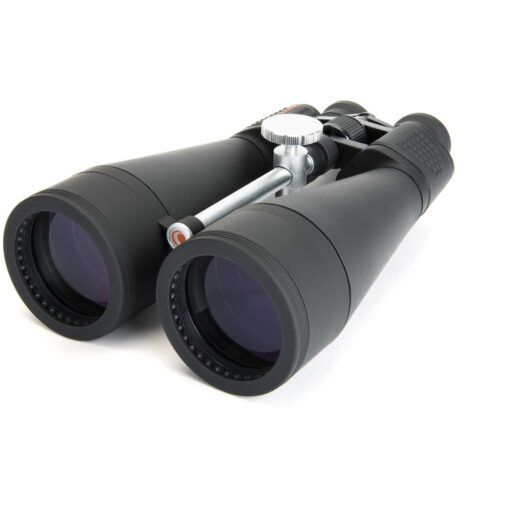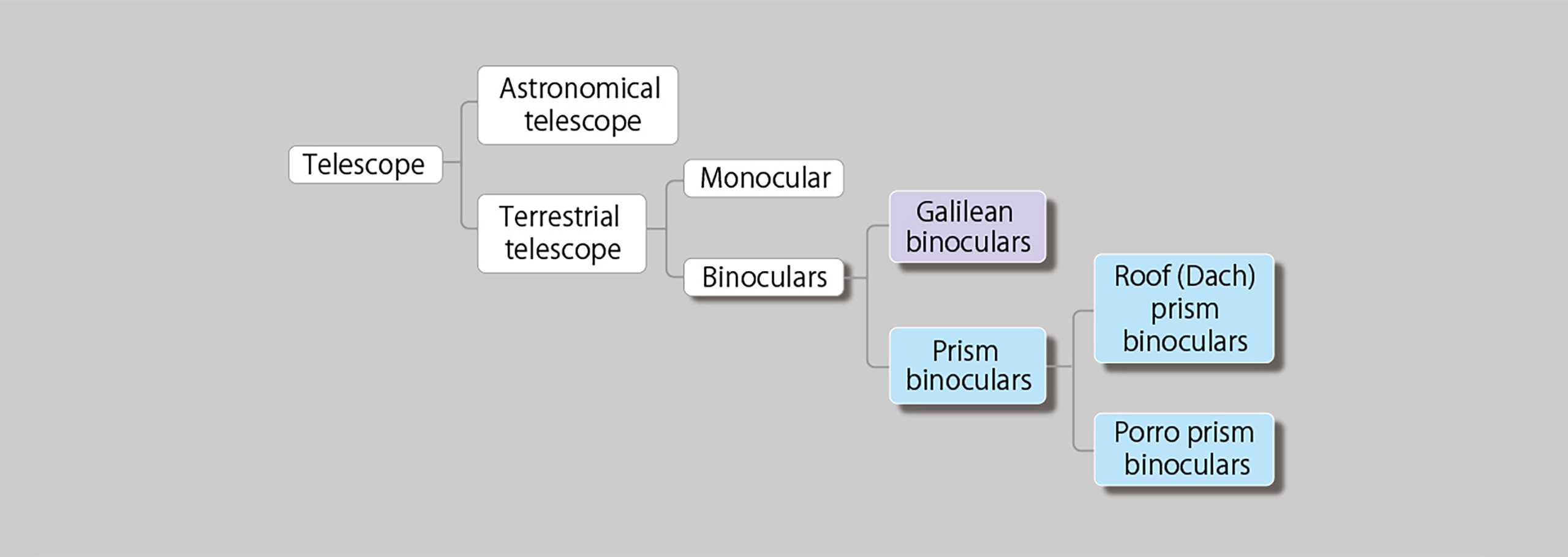Ideal Tips for Picking the Right Binoculars for Bird Viewing
Ideal Tips for Picking the Right Binoculars for Bird Viewing
Blog Article
The Importance of Binoculars in Education and Scientific Research Study: How These Optical Instruments Add To Understanding and Expedition
The assimilation of field glasses into academic settings and clinical research study is often forgotten, yet their payment to improving observational skills is significant. In disciplines varying from environmental science to astronomy, field glasses serve as vital devices that advertise questions and vital reasoning.
Enhancing Observational Abilities
In instructional and research study setups, using binoculars dramatically enhances empirical abilities among trainees and experts alike. These optical instruments assist in a deeper understanding of remote subjects, making it possible for customers to observe information that would otherwise remain undetected. By using field glasses, learners can check out wildlife, astronomical phenomena, and geological developments, promoting a much more extensive link to the subject issue.
Field glasses offer as important tools in field studies, encouraging trainees to involve actively with their atmosphere. Via improved monitoring, they can gather information better, causing boosted logical skills. This hands-on experience permits the advancement of vital reasoning, as pupils need to interpret what they see and connect it to academic knowledge.

Bridging Concept and Technique
Observational abilities established through using field glasses naturally lead to an extra extensive integration of theoretical expertise with functional application. By involving in direct monitoring, students can transform abstract ideas right into concrete experiences. This harmony fosters a deeper understanding of scientific concepts as students link theoretical frameworks with real-world sensations.
For circumstances, when examining avian biology, students can apply their understanding of bird composition and habits through the lens of binoculars, observing characteristics such as plumage variation, feeding habits, and migratory patterns. This direct interaction not just enhances theoretical ideas yet likewise cultivates vital reasoning and logical abilities.
In addition, using binoculars encourages learners to create theories based upon their observations, thus enhancing their clinical query abilities. They can proactively test these hypotheses in the field, causing an extra experiential understanding setting that promotes curiosity and exploration.
Essentially, field glasses work as an essential device in bridging the void between classroom knowing and fieldwork - Binoculars. They empower trainees to become energetic participants in their education and learning, urging an all natural strategy to understanding the environment and its complexities. Thus, the integration of concept and method is crucial for promoting educated and involved learners
Applications in Environmental Science
Utilizing binoculars in environmental science enhances the ability to observe and analyze ecosystems with higher accuracy. These optical tools are essential for conducting field research studies, allowing scientists to check wild animals populaces, examine plant health and wellness, and examine environment conditions without disturbing the all-natural setting. Binoculars promote the recognition of varieties at different ranges, permitting researchers to gather critical data on biodiversity and habits.
In ecological research study, binoculars are essential tools for ornithologists examining bird habits and migration patterns. They make it possible for researchers to record monitorings over long periods, adding to valuable longitudinal research studies - Binoculars. In addition, field glasses play an important role in environment evaluations, published here as they enable for the comprehensive monitoring of plant neighborhoods and their communications within environments
Ecological teachers also take advantage of field glasses, as these instruments boost experiential understanding possibilities. Students can engage straight with their environments, fostering a much deeper appreciation for eco-friendly systems. By integrating field glasses into curricula, instructors can motivate the next generation of ecological scientists.
Role in Astronomy Education
Using field glasses in astronomy education supplies an obtainable gateway for trainees and lovers to review discover holy sensations (Binoculars). Unlike big telescopes, binoculars are portable, user-friendly, and fairly low-cost, making them a suitable introductory device for observing the evening skies. Students can easily engage with the universes, cultivating a hands-on discovering experience that enhances their understanding of expensive principles
Field glasses enable users to observe a variety of celestial objects, including the Moon, earths, and celebrity collections. This availability encourages exploration and observation, crucial components of clinical query. Pupils can develop crucial abilities such as information collection, observation methods, and also basic astrometry. Notably, binoculars serve as a bridge to much more intricate astronomical instruments, offering fundamental experiences that can stimulate deeper rate of interest in the field.
In educational setups, guided binocular sessions can promote group collaboration and conversation, improving the learning experience. The shared experience of observing celestial spheres can grow a feeling of community amongst learners. In general, field glasses play an essential duty in demystifying astronomy, making it friendly and appealing for people in all levels of education and learning.

Inspiring Interest and Questions
Field glasses not only promote the observation of celestial phenomena but likewise stir up a feeling of inquisitiveness and questions amongst pupils. By providing a more detailed consider remote things, field glasses urge learners to ask concerns and check out the atmosphere around them. This tool changes passive learning right into read the article an energetic, appealing experience, cultivating a much deeper understanding of clinical concepts.
When students make use of binoculars to observe wildlife, landscapes, or huge items, they create empirical abilities that are crucial for scientific inquiry. The act of concentrating on particular details prompts them to develop theories, perform investigations, and attract conclusions based upon their observations. This procedure not only enhances their crucial thinking capacities however additionally supports a lifelong enthusiasm for expedition.
Moreover, field glasses can bridge the void in between academic understanding and real-world application. Inevitably, the usage of field glasses in academic setups offers as a driver for inquisitiveness, equipping pupils to go after understanding with excitement and cultivating a feeling of marvel concerning the globe around them.
Final Thought
In summary, binoculars offer as essential tools in education and clinical study, considerably improving empirical skills while bridging the void in between theoretical knowledge and functional application. Their varied applications in areas such as ecological scientific research and astronomy underscore their relevance in cultivating interest and questions among trainees. By helping with in-depth examinations of far-off topics, binoculars not only motivate the future generation of researchers but likewise cultivate an extensive gratitude for exploration and the clinical method.
Report this page